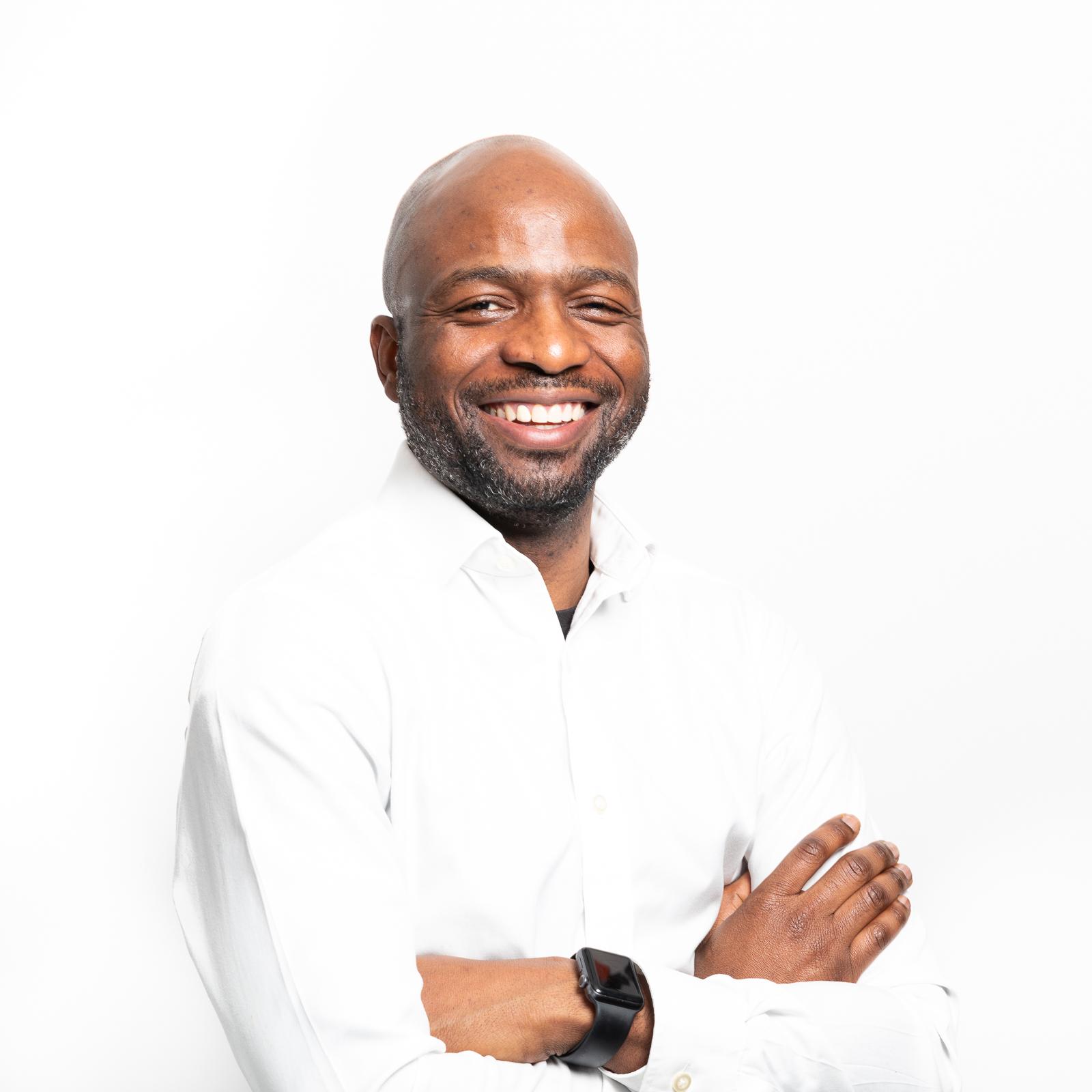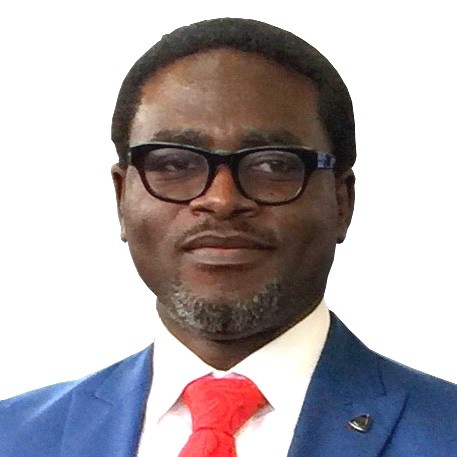Nigerian developers are hungry, motivated, skilled and they are working in a time zone very close to European capitals. Yet too often the nation goes overlooked by companies looking for cost-effective talent. That’s according to senior IT workers from the C-suite down in the UK, speaking to The Stack. Where local talent does land outsourced work, it's mostly coming from the Nigerian diaspora aware of the capabilities available.
Is everyone else missing out?
With a youth population of over 90 million, Nigeria’s young technology experts are ambitious, plentiful, out to prove themselves, and many are very capable indeed*. Yet a combination of a public narrative dominated by stories about scammers and coverage of political unrest mean the country is simply not on the radar of the majority of IT professionals in the west. We spoke to several technology leaders about their experiences working with Nigerian developers, common challenges (and how to overcome them), typical costs, and more.
Outsourcing to Nigeria: Things to Consider

Tommie Edwards is the UK-based CEO of Tedbree.com; a company that offers services ranging from web and application design through to animation, ecommerce and more. She told The Stack: “We saw Nigeria as a country with great opportunities and one of our ideal locations for a talent hub. We started looking into Lagos in 2018 as a potential city to nature tech talent because the creativity level amongst Nigerians was remarkable and the passion for learning was eminent."
Edwards adds: "I was born in Nigeria and spent a good part of my life there, so I understood what challenges were ahead. Some of the challenges faced included slow internet services. However, after trying basically all the internet service providers, we realised that the best way to work was to provide a talent hub location equipped with multiple ISPs, meaning our talents can switch to a different ISP if one is slow.”

Edwards is not alone in having set up shared office spaces with multiple ISPs and back-up generators for when Nigeria’s troublesome power grid plays up.
Hafis Raji is a director at eCom Response, a London-based software development agency that has worked for clients including the London School of Economics.
Raji (who is also an active partner at Cornerstone Partners, a leading angel investor network focused on black and diverse founders in the UK) has led development teams around the world.
He currently runs a 20-strong developer team spanning front-end, back-end and full-stack, with a large contractor network too. He told The Stack: "The quality is high and people are really, really hungry to prove themselves. We've set up co-working hubs in Lagos and Abuja. We have multiple ISPs, generator back-up. Downtime's not an issue."
"I've worked with tech guys from Bulgaria, India; all over the world. My experience in outsourcing to Bulgaria was that it was expensive. Working with a large Indian team I found that the timezone worked against us: you'd often be dealing with people late at night their time and that means the work's not the best. I faced real quality issues. You get better quality from Nigeria at a comparable cost, with a better timezone and from people who are hungry to prove themselves and will work to tight deadlines to deliver."
From culture to language to holiday days, working with a substantial group of overseas contractors can raise new challenges when shifting country. But as Raji puts it: "CTOs in the UK or US also need to understand that if you come to a company like us, that client-facing work is all UK-based. We're delivering the sprints to high quality; your cost has gone down. My partner's background is in recruitment and we test people robustly before hiring them. Often we'll bring in two people -- I just did this on a React project -- and ultimately pick the better one. There's always a technical lead overseeing too; we have robust QA and like I said, the quality that comes through from the developers we've been hiring is excellent."
(Our interviewees reported a broad range for hiring costs; from £800/month through to £3,000/month for an experienced full-stack developer: "More than India, less than Bulgaria", was one assessment).

The government needs to do more to nurture Nigerian tech talent...
Ade Awonaike is a former head of data and analytics at Thames Water. He's also had CDO-level roles at Transport for London (TfL) and Legal & General and currently runs a proptech startup, A3218.
He notes to The Stack: "You probably saw Stripe acquiring Nigeria's Paystack for over $200 million in 2020.
"There's loads of startups like Paystack in Nigeria. These young people are DRIVEN. They are resilient and will go to any length to deliver. Nigeria's problem is that there is a governmental and societal vacuum when it comes to helping them flourish. They need more academies, places to upskill; many are self-tought and although they are excellent, they still face issues like power reliability and overseas, prejudice.
He adds: "The reputation the media has labelled us with has hurt. As one BAME MP I heard talking recently noted, here in the UK Covid-19 contracts are being handed out worth millions of pounds to politicians' friends without competitive tenders. If that was Africa, you'd hear endless reports about corruption. But the talent and capabilities are there."
Awonaike, who is also a pastor and runs local community projects, adds: "I've delivered projects for TfL from Lagos: a team of developers working on GIS data. They did a great job. I get graphic design done for my church from Nigeria, because let's be honest, we don't have a huge budget and it's just more cost-effective and delivery is prompt. But the Nigerian government needs to do the basics. You've got too many guys out there running offices on generators. They get the work done, but it's not the way to run a country; not enabling..."

Mary Laniyan -- "a Nigerian and an Agilist based in the UK" -- notes on LinkedIn in a response to a post by The Stack: " I kicked off a Scrum team in Arizona three months ago, of the eight developers in the team five were actually located in Nigeria.
"I just hired a social media manager based in Lagos Nigeria too. The majority of Nigerians wake up daily to earn an honest living - contrary to the narrative mostly portrayed in the media." She addsby email: "Costs can be 70% less than in the west. If you're contracting freelancers you just need to ask a lot of questions about power and connectivity, but most take care of that themselves."

That pesky power issue...
Opeyemi Ajiboye is an experienced CTO and Ericsson veteran who led network roll-out projects across sub-Saharan Africa for the company. Now based in his native Nigeria, he's worked for a range of ISPs in recent years, including fibre-to-the-home specialist ipNX, and more recently as CTO for solar-powered ISP TIZETI. (He now consults for a range of companies including Chevron).
He told The Stack: "I've led teams across sub-Saharan Africa, Ghana, Nigeria, as we rolled out 2G, 3G, then 4G. I've had DevOps teams in Nigeria who've built us OSS/BSS [operations support systems, business support systems] in-house pretty much from scratch; billing systems, everything. That's never been a problem."
Power can be, he notes (are you detecting a theme here?) but adds that he sees this changing: "I was recently working with a company that builds solar-powered base stations for mobile networks. We had a team that built out the automation software that ran the mini-grid. There's a lot of innovation happening."
"Unfortunately internationally Nigeria has suffered from the reputation of a few bad apples. But the youth population here is 90 million. Even if a million were bad, that's 89 million committed youngsters with abundant talent; you can see it in the startups coming through.

Nurturing Nigerian tech talent
Wamide Animashaun is PWC veteran, who is currently the Head of Strategy & Business Transformation at PE Energy (an O&G hardware and automation specialist).
She's also the founder of CAWSTEM (Connecting African Women in STEM), ("we're a female-led social enterprise on a mission to rewrite the narrative about having few women in leadership positions. Our goal is to give every African woman who has chosen a STEM path, a competitive advantage in order to thrive in their careers and progress into leadership roles") and has led technology-driven solutions across financial services, e-commerce, manufacturing and pharmaceuticals.
Animashaun told The Stack: "Although there are still average developers as with anywhere, Nigerian developers are creative, problem solvers, and very resilient despite everything going on in the country."
She adds: "Supporting local tech talent isn’t merely about [doing something for them] now, it’s about providing the right infrastructure from early on; basic education is perhaps the most important aspect of it all. [That said] in terms of supporting existing tech talent, the government could certainly do more in providing banking infrastructure and services to make it easier to receive and spend hard-earned foreign currency."
For sprints with teams of ~20+ developers, IT leaders would do well to consider Nigeria. It may be some time before the country's set up to offer the kind of outsourced support at scale of India, but it clearly remains a viable option for getting work done at lower cost than the UK and to high quality. Connectivity is improving and although power is an issue, most companies have worked around it.
The overriding sense that Nigeria's government (the company ranks 131 in the World Bank's Ease of Doing Business report, and 169 for "getting electricity" -- a travesty in such an energy-rich country) is letting businesses and young tech talent down is palpable, but with plentiful ingenuity, there's no shortage of startups offering high quality services to both CTOs of large organisations and startups across Europe.
Expect to see a lot more Nigerian talent going international.
*n.b. The Stack hired Lagos-based developer Caleb Popoola -- who runs a team of five at Moldavite Design -- to build our site and set up hosting, Cloudflare, a few other tools. His services were quick, cost-effective and communication was excellent. Our hat-tip on LinkedIn inspired this piece: rapidly attracting over 1 million page views and over 12,000 likes, it put a spotlight on how undervalued Nigeria's young developers and IT professionals feel; and how keen they are to showcase their capabilities.









